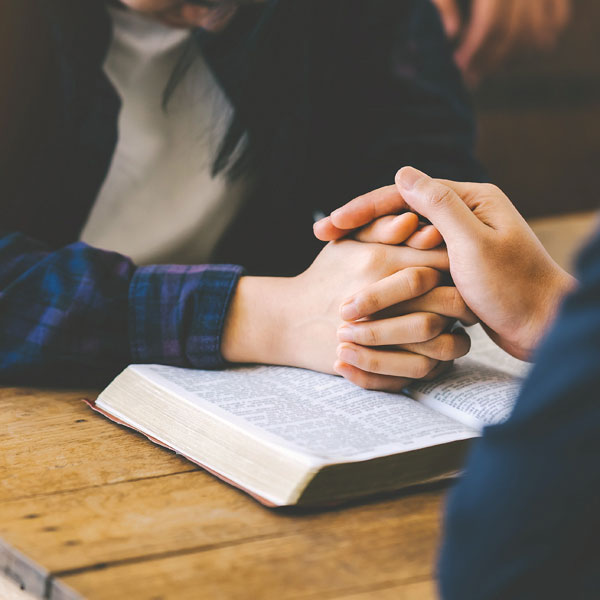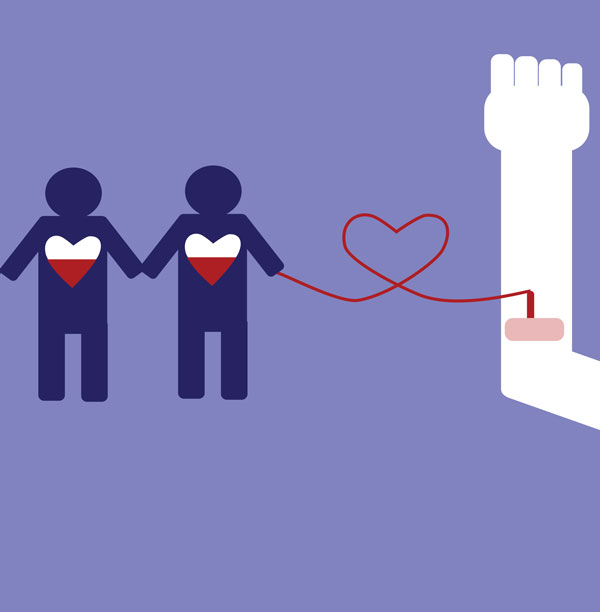
Oct 28, 2022
If you can imagine how frustrated a preacher would have to be to swear a blue streak, then you might understand the old expression, “It’s enough to make a preacher cuss.”
I grew up in a Baptist church, so it’s safe to say I never heard a preacher cuss. But that changed when I began my Air Force chaplain’s career at Mather Air Force Base.
The Rancho Cordova base is now a civilian airport, but I spent three years there as a first lieutenant under the mentoring of five active-duty chaplains.

Sep 28, 2022
The retired engineer who occupied our ICU bed knew he was dying. He’d known for a long time.
He told his doctor not to take any heroic measures to prolong his life. He only wished to share his last words with his family.
I called his family from the waiting room and assembled them around his bed.

Aug 28, 2022
Most days at my hospice office, I start by calling patients to arrange home visits.
Today I set an afternoon appointment with a woman in her mid-60s who’s been given less than six months to live.
She greets me at the front door with a question.
“Are you a Christian chaplain?” she asks, leaning into the word “Christian.”

Jul 28, 2022
I think it was Jesus who encouraged followers to become “fishers of men.” Honestly, that task seems easier than fishing for fish.
Fishing requires a level of patience I don’t have. You’ll see this if you ever watch me pace the stage during one of my talks.
I was recently reminded of my distaste for fishing when I took my grandsons and their parents on a fishing boat in Seward, Alaska. We were fishing for the big halibut we’d seen people bring home the day before, 90-pound prehistoric monsters.

Jun 28, 2022
As a hospice chaplain, I’ve learned a surefire way to bring down any conversation. I just mention what I do.
“Oh, that must be a really sad job,” is the familiar response.
“It can be sad,” I admit. “But most often it’s the opposite.”
Folks sometimes respond with a confused look, perhaps like you’re doing now.

May 28, 2022
If you’re fighting cancer or some other chronic disease, I owe you an apology for breaking the promise I made in 2009.
That was the year I served as chaplain in the Air Force field hospital in Balad, Iraq. Every two weeks there, I took the morning to donate blood platelets.
“What are platelets?” you ask.
Here’s what the Red Cross says: “Platelets are the tiny cells in your blood that form clots to stop bleeding.”











